4
0
0
Energy Consumption and Operational Costs of Asphalt Production
1
0
In the long-term operation of asphalt production, the energy consumption characteristics of an asphalt hot mix plant and a stationary asphalt batching plant significantly impact overall operational costs. Understanding these characteristics can help operators identify optimization measures that mitigate energy waste and enhance efficiency.
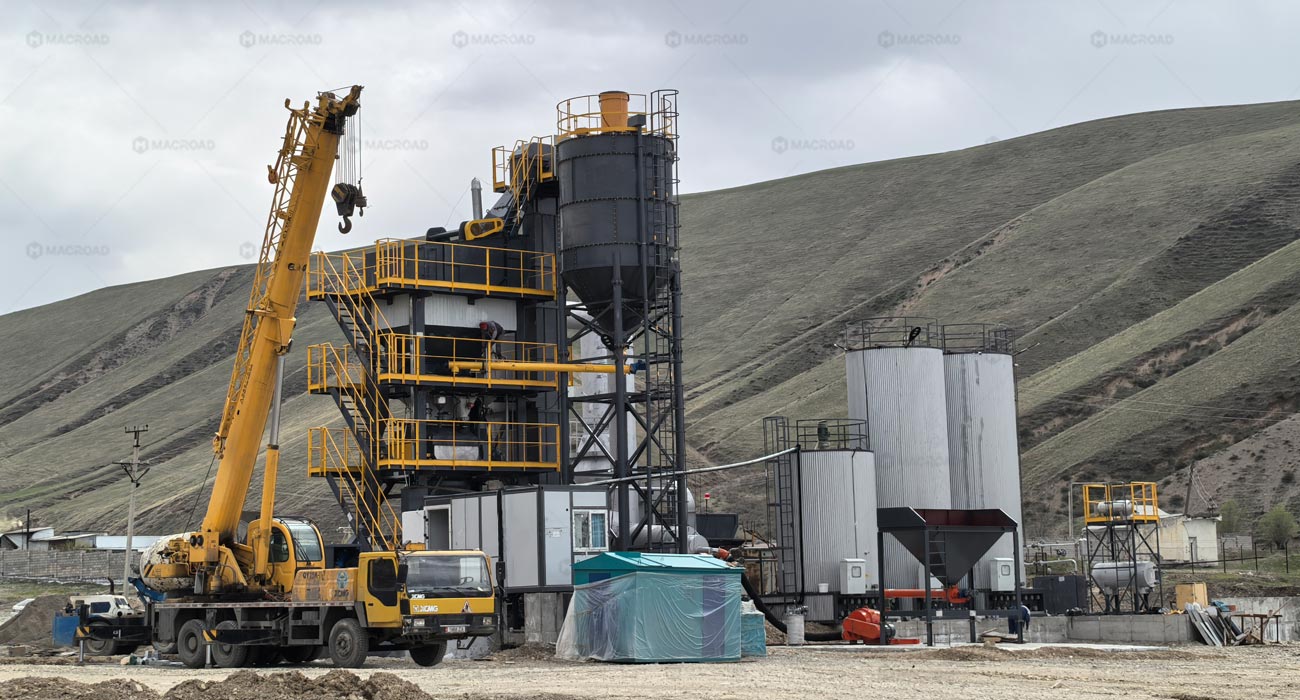
Energy Consumption in Asphalt Hot Mix Plants
Asphalt hot mix plants are designed for continuous production, which means they require a consistent supply of energy to maintain operational temperatures. One of the key energy consumption characteristics of these plants is heat loss, which occurs during continuous operation. This heat loss can arise from various sources, including insufficient insulation, exhaust systems, and the cooling of materials during processing.
As the plant operates continuously, energy is consumed not only in the production of asphalt but also in compensating for this heat loss. This can lead to increased fuel consumption and higher operational costs over time. Therefore, it is essential for operators to implement measures that minimize heat loss, such as upgrading insulation and optimizing burner efficiency. These improvements can help to reduce overall energy consumption, thus lowering operational costs.
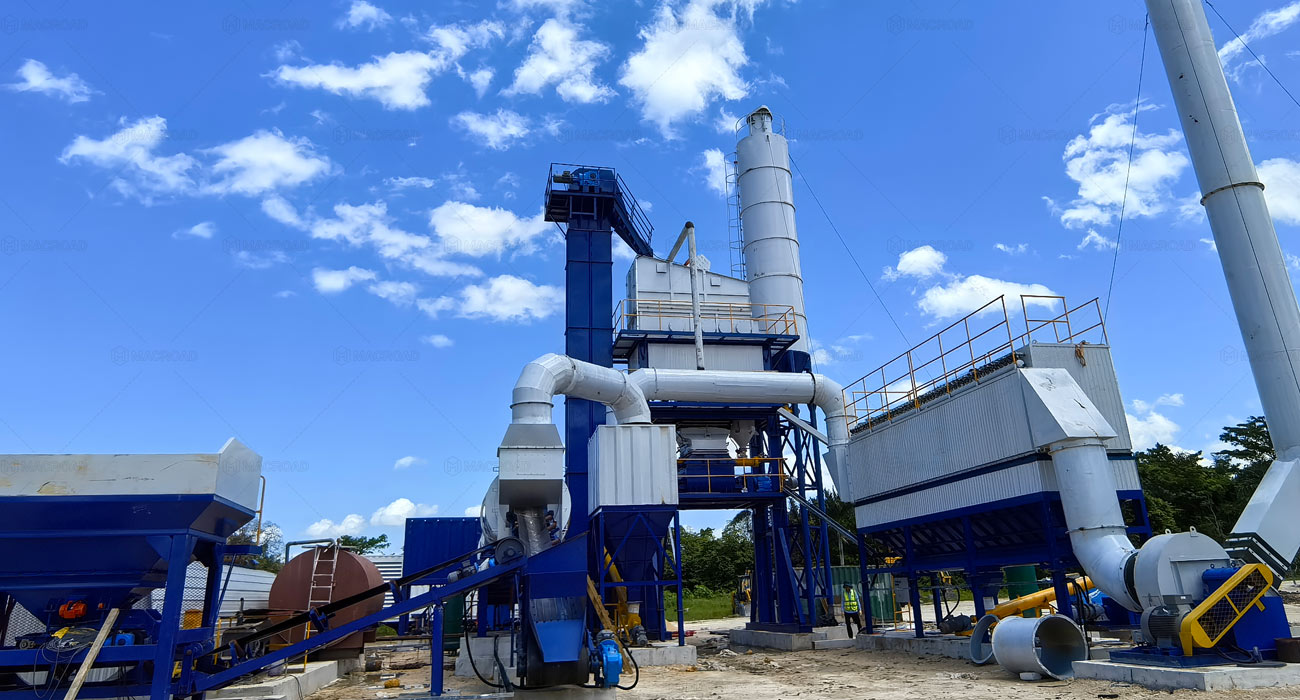
Energy Consumption in Stationary Asphalt Batching Plants
In contrast, stationary asphalt batching plants typically operate in a batch mode, which involves starting up and shutting down the plant for each production cycle. This operation incurs energy consumption during batch startup, which is often higher than during continuous operation. The initial heating of the equipment, along with the energy required to prepare materials for mixing, contributes to an increased energy load at the beginning of each cycle.
To manage these energy costs effectively, operators of stationary asphalt batching plants need to focus on optimizing the startup process. Strategies such as preheating materials and streamlining the mixing process can help reduce the energy required during startup. Additionally, using programmable controls can allow for more efficient transitions between production cycles, further minimizing energy consumption.
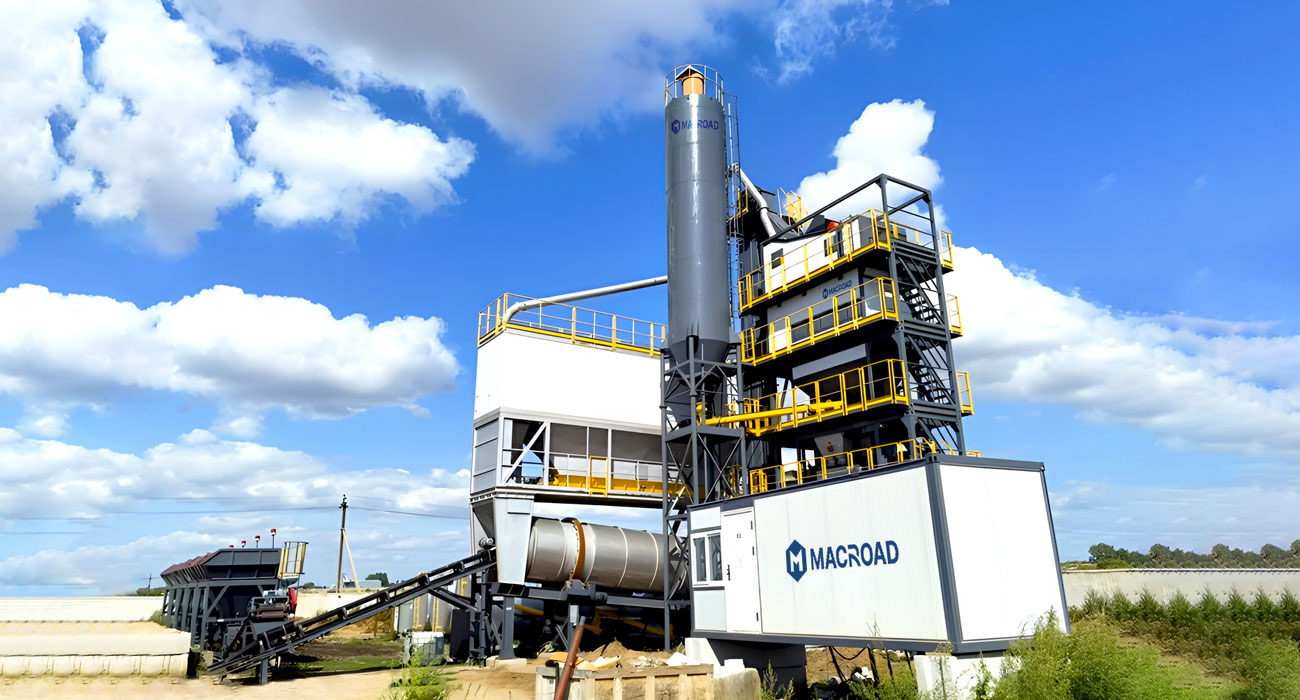
Optimization Measures for Energy Efficiency
Both asphalt hot mix plants and stationary asphalt batching plants can benefit from a range of optimization measures to enhance energy efficiency and reduce operational costs. For asphalt hot mix plant, implementing energy management systems can provide real-time monitoring of energy consumption, helping operators identify inefficiencies and areas for improvement. Regular maintenance of equipment, including burners and insulation, can also play a crucial role in minimizing energy waste.
For stationary asphalt batching plants, investing in advanced technologies such as batch controllers and automated mixing systems can lead to more efficient operations. These systems can optimize the mixing process and reduce unnecessary energy usage. Additionally, operators should consider integrating renewable energy sources, such as solar panels, to offset some of their energy needs.
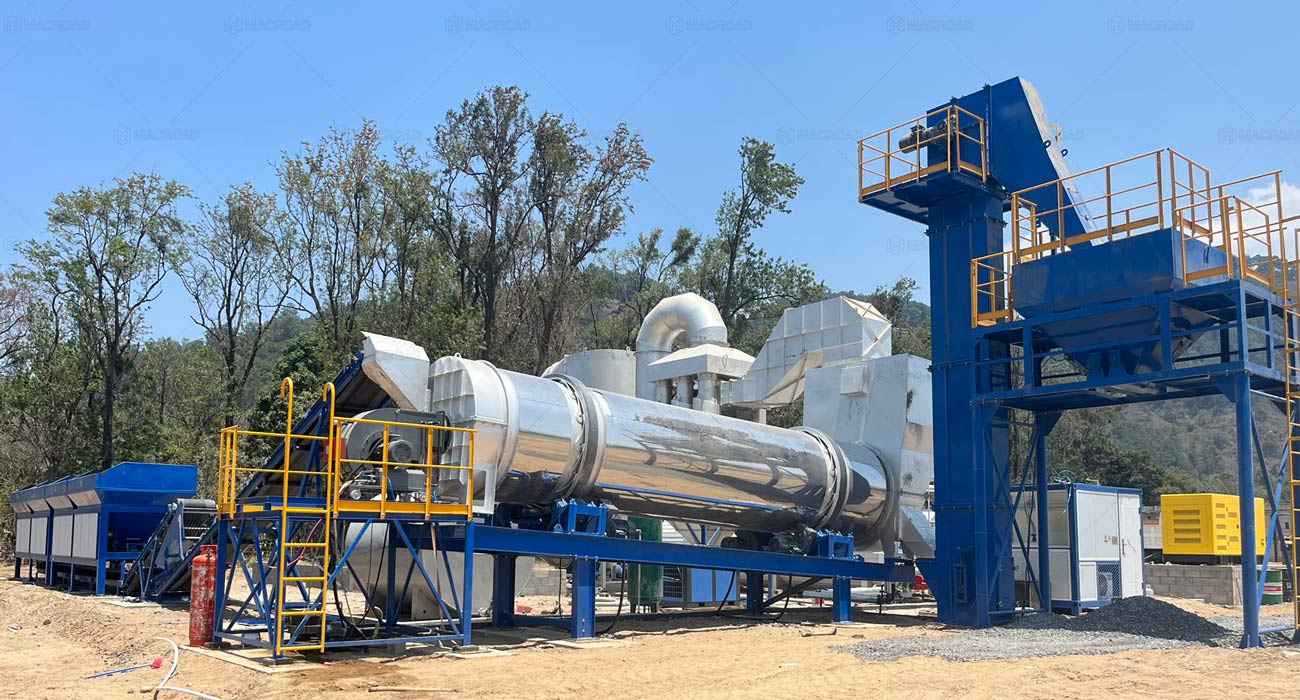
Long-Term Benefits of Energy Optimization
The benefits of optimizing energy consumption in asphalt production extend beyond immediate cost savings. By reducing energy usage, companies can not only lower their operational costs but also contribute to more sustainable practices within the industry. This alignment with environmental standards can enhance a company's reputation and appeal to clients who prioritize sustainability.
Furthermore, improved energy efficiency can lead to less wear and tear on equipment, resulting in lower maintenance costs and extended lifespans for both asphalt hot mix plants and stationary asphalt batching plant. This holistic approach to energy consumption not only improves profitability but also supports the long-term viability of asphalt production operations.
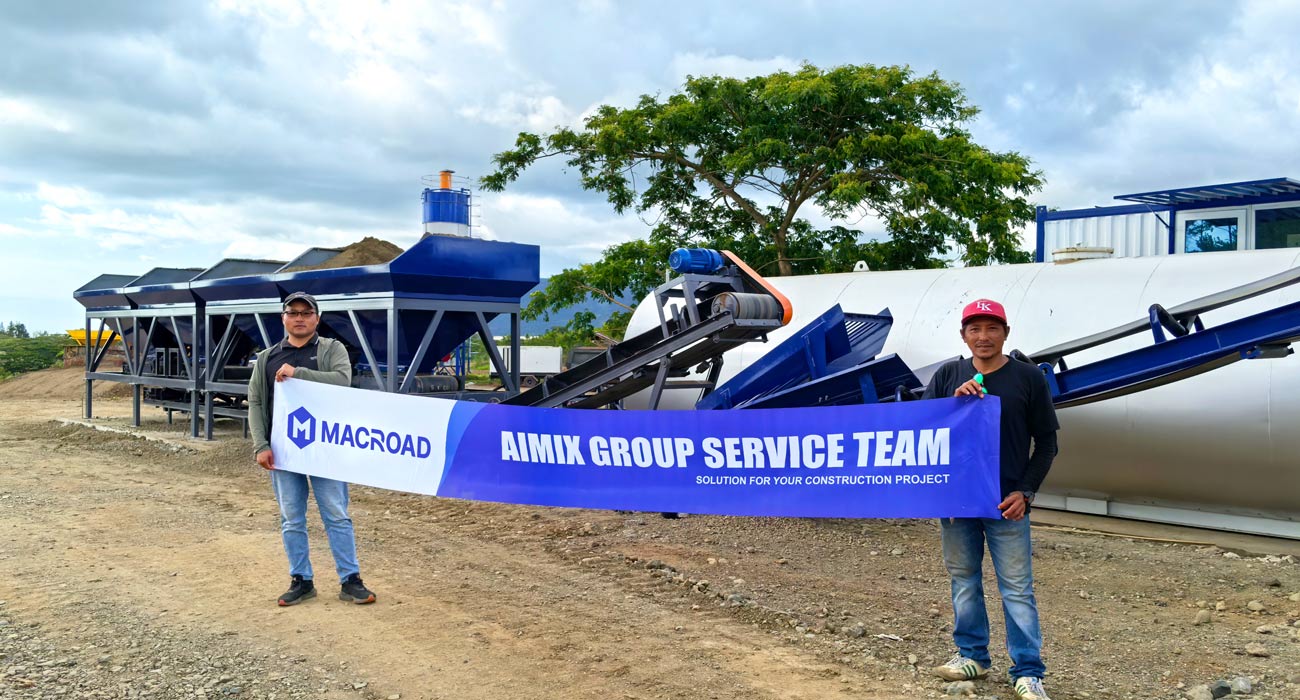
Conclusion
In conclusion, the energy consumption characteristics of an asphalt hot mix plant and a stationary asphalt batching plant significantly affect overall operational costs in asphalt production. By understanding the implications of heat loss and batch startup energy demands, operators can implement optimization measures that enhance energy efficiency and reduce costs. These improvements not only contribute to immediate financial benefits but also promote sustainability and long-term operational success in the asphalt production industry.

Energy Consumption in Asphalt Hot Mix Plants
Asphalt hot mix plants are designed for continuous production, which means they require a consistent supply of energy to maintain operational temperatures. One of the key energy consumption characteristics of these plants is heat loss, which occurs during continuous operation. This heat loss can arise from various sources, including insufficient insulation, exhaust systems, and the cooling of materials during processing.
As the plant operates continuously, energy is consumed not only in the production of asphalt but also in compensating for this heat loss. This can lead to increased fuel consumption and higher operational costs over time. Therefore, it is essential for operators to implement measures that minimize heat loss, such as upgrading insulation and optimizing burner efficiency. These improvements can help to reduce overall energy consumption, thus lowering operational costs.

Energy Consumption in Stationary Asphalt Batching Plants
In contrast, stationary asphalt batching plants typically operate in a batch mode, which involves starting up and shutting down the plant for each production cycle. This operation incurs energy consumption during batch startup, which is often higher than during continuous operation. The initial heating of the equipment, along with the energy required to prepare materials for mixing, contributes to an increased energy load at the beginning of each cycle.
To manage these energy costs effectively, operators of stationary asphalt batching plants need to focus on optimizing the startup process. Strategies such as preheating materials and streamlining the mixing process can help reduce the energy required during startup. Additionally, using programmable controls can allow for more efficient transitions between production cycles, further minimizing energy consumption.

Optimization Measures for Energy Efficiency
Both asphalt hot mix plants and stationary asphalt batching plants can benefit from a range of optimization measures to enhance energy efficiency and reduce operational costs. For asphalt hot mix plant, implementing energy management systems can provide real-time monitoring of energy consumption, helping operators identify inefficiencies and areas for improvement. Regular maintenance of equipment, including burners and insulation, can also play a crucial role in minimizing energy waste.
For stationary asphalt batching plants, investing in advanced technologies such as batch controllers and automated mixing systems can lead to more efficient operations. These systems can optimize the mixing process and reduce unnecessary energy usage. Additionally, operators should consider integrating renewable energy sources, such as solar panels, to offset some of their energy needs.

Long-Term Benefits of Energy Optimization
The benefits of optimizing energy consumption in asphalt production extend beyond immediate cost savings. By reducing energy usage, companies can not only lower their operational costs but also contribute to more sustainable practices within the industry. This alignment with environmental standards can enhance a company's reputation and appeal to clients who prioritize sustainability.
Furthermore, improved energy efficiency can lead to less wear and tear on equipment, resulting in lower maintenance costs and extended lifespans for both asphalt hot mix plants and stationary asphalt batching plant. This holistic approach to energy consumption not only improves profitability but also supports the long-term viability of asphalt production operations.

Conclusion
In conclusion, the energy consumption characteristics of an asphalt hot mix plant and a stationary asphalt batching plant significantly affect overall operational costs in asphalt production. By understanding the implications of heat loss and batch startup energy demands, operators can implement optimization measures that enhance energy efficiency and reduce costs. These improvements not only contribute to immediate financial benefits but also promote sustainability and long-term operational success in the asphalt production industry.